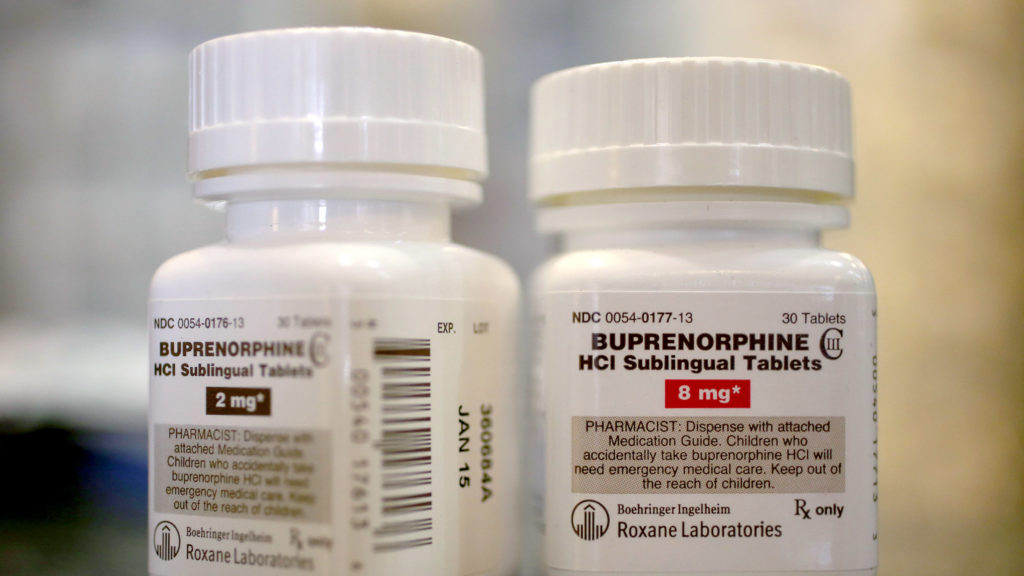Federal officials said Friday that health care providers will be able to prescribe drugs for opioid addiction and ADHD for an additional year over telemedicine, ending a months-long stalemate among policymakers. Ta.
During the pandemic, the Drug Enforcement Administration issued temporary rules allowing health care providers to prescribe controlled substances such as buprenorphine and Adderall without meeting patients in person. These rules were scheduled to expire on January 1st, but have now been extended until the end of 2025. The extension begins the resolution of years of debate (nearly 40,000 comments have already been received on the previously proposed rule) and extends it to a second rule. The Trump administration and agency leadership are still to be determined.
The flexibility of the pandemic has paved the way for a broader debate about strict rules that some say hinder access to potentially lifesaving treatments. It was also a boon for telemedicine companies that stepped in to provide care under the relaxed regime.
The DEA released draft rules in 2023 to reinstate restrictions that were criticized by telemedicine advocates and health care providers, and last October extended that flexibility through the end of this year. The DEA did not fulfill its promise to issue a final rule by this fall, which former officials blamed on interagency disputes and politics. The latest draft rules distributed also state that half of health care providers’ controlled substance prescriptions are written for in-person patients, and that health care providers must comply with prescription drug monitoring programs in all 50 states. It included a number of restrictions, including a requirement to check on patients.
When these restrictions were leaked, telemedicine companies complained that they were unsustainable and required them to suspend some services. It has been clear for months that the DEA would need to extend the pandemic rules, as the agency did not have enough time to issue a final rule before the end of the year.
Many interpret these circulated regulations as an indictment of companies that overprescribe stimulants for profit. In June, executives of Done, a telemedicine company focused on ADHD, were arrested for allegedly participating in a scheme to distribute controlled substances online. The interim rule states that by limiting extensions to one year, “we will not incentivize the investments needed to develop new telehealth companies that may encourage or enable problematic prescribing practices.” It is stated that the purpose is to avoid.
Telemedicine companies and advocates agree on the need for oversight to prevent fraudulent and harmful prescribing that can lead to diversion, but many believe it will undermine progress in treating opioid addiction. I was worried that he might. Companies that prescribe buprenorphine online were particularly vocal in advocating for continued protection of addiction care through telemedicine.
The interim rule also cites “the urgent public health need for continued availability of buprenorphine as a treatment for opioid use disorder” as the motivation for the extension. While proponents of buprenorphine use are celebrating the extension, “this is still a temporary measure, and therefore insufficient from our perspective,” said CEO and Founder of Boulder Care, a telemedicine addiction treatment company. said Stephanie Strong. “Telemedicine isn’t just a novelty or a band-aid; it’s a necessity.”
The extension resolves one of several telehealth policies that are set to expire at the end of the year. Congress is currently considering a bill that would extend for two more years a provision that allows Medicare enrollees to receive a wide range of services via telehealth.

